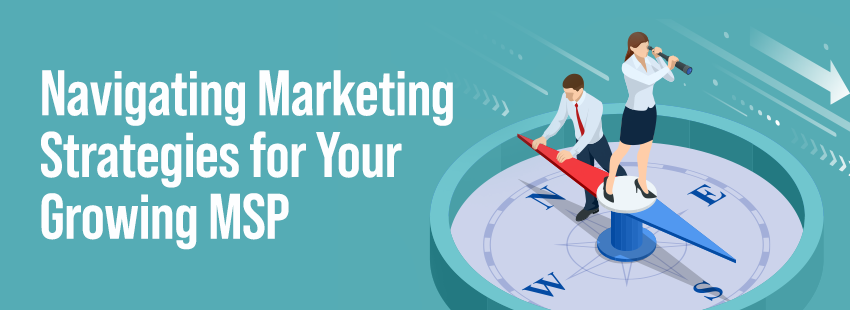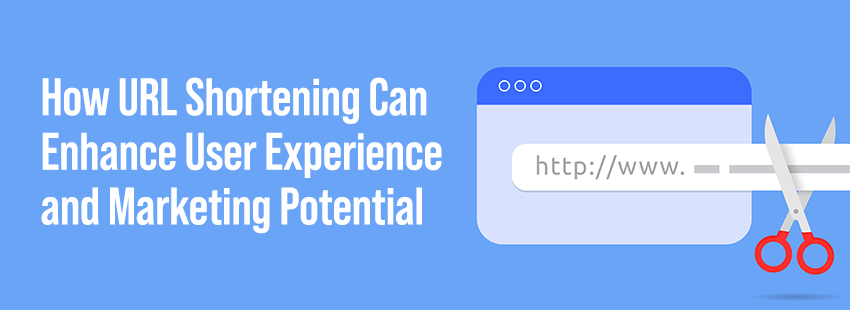Consultative Selling
Why is it that some people excel in selling products or services while others, who work just as hard, never meet sales goals? In my opinion, one area distinguishes progress makers: top sellers skillfully diagnose and solve problems better and quicker than the rest.
Because of the critical importance of sales in any business, a cornucopia of resources to help salespeople improve selling skills are available. But regardless of the sophistication of those resources, many of the workshops, manuals, “how-to-sell” books, and interactive videos, all miss the point because they don’t address basic problem-solving.
The problem-solver’s approach to selling is different from the rest. A problem solver realizes that only part of the sales process is to understand features, benefits, and technical aspects of the product line. A great sales rep also has taken the time to be trained and stay up-to-date on the latest offerings. But most importantly they recognize the clients’ pains, not driving their own products which may not solve the client’s pain.
The problem-solving approach to selling, known as consultative selling, is somewhat analogous to the work of a physician. Prescribing a cure without first asking questions to diagnose the patient’s problem makes malpractice. Similarly, offering products or services in sales to “cure” business problems without first asking in-depth questions about the needs and concerns of the company makes for poor selling. Like a good physician, the problem-solving salesperson probes for information and conducts a thorough exam about current problems before prescribing a remedy.
In the same way, the salesperson’s thorough analysis makes a prospective buyer more comfortable with the suggested products or services to solve their larger issues. Effective questioning that involves understanding needs, feelings, and attitudes helps the consultative salesperson develop a complete understanding of the buyer’s situation and builds client confidence in the salesperson’s recommendations.
Adding value
The salesperson serves as a resource to his prospect, suggesting possible solutions that have been adapted to buyer pain points. The enlightened representative using this approach considers the prospect’s total needs and then evaluates which products or services may match their needs. Only then does he use his prospects and his own valuable time to evaluate the perceived solution to matching needs.
The difference between product-oriented selling and consultative selling is the difference between sales and marketing. Traditionally, sales asks, “What do I have to sell?” while marketing asks, “What does the client want to buy?” Marketing, like consultative selling, focuses on the market’s needs, beginning with an understanding of client demographics, realities, needs, and values.
But consultative selling takes marketing a step further, because very often the product a prospect buys (and wants!) is not what he originally thought he wanted. The time a consultative salesperson spends analyzing needs and preferences by asking open, in-depth questions and carefully evaluating answers assists the buyer in clarifying his own needs.
Best practices
Research has determined that, although effective selling techniques may vary slightly from one business to the next, there are many skills shared by top salespeople. The most successful salespeople:
- Are not “fast talkers” but rather good listeners
- Never present products or services until they learn client objectives, needs, and problems
- Begin sales calls by engaging prospective customers in dialog
- Present only those product features and benefits relevant to client problems or concerns, and dismiss features or benefits irrelevant to the client
- Close not only after it’s clear that their product or service meets the client’s needs, but also after the customer has said they have no more issues to discuss relative to the purchase
- Treat client resistance as a series of concerns, questions, or misunderstandings to be clarified and answered, not as objections to overcome
- Consider every completed sale as the beginning of a long-term relationship, not as an ending, even when subsequent purchases are not imminent
- Strive to develop beyond being a sales agent, becoming instead a sustaining resource to the client, thus gaining referrals and building a reputation in the community
The above list describes the behaviors and techniques of the consultative salesperson, the problem-solver. Problem-solving capability translates into repeat business, new business, and additional markets.





